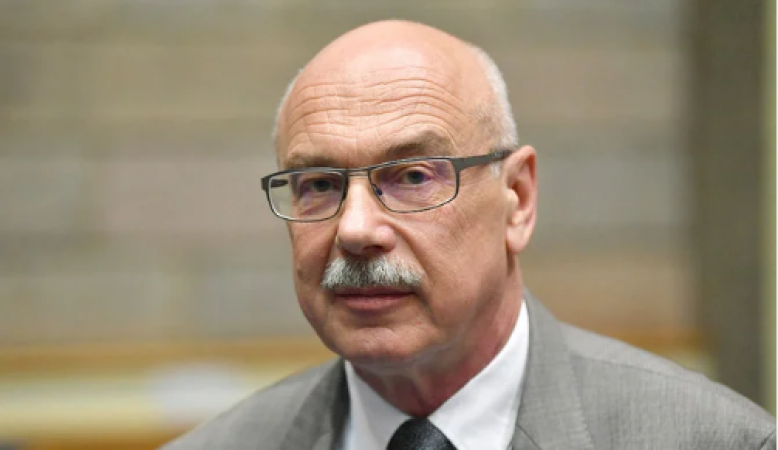
New York: The expansion of Daesh extremists is "particularly worrying" in Africa's centre, south, and Sahel regions, the UN counterterrorism chief said. The threat posed by these individuals has grown in conflict zones and within them.
The group continues to use the internet, social media, video games, and gaming platforms, according to UN Undersecretary-General Vladimir Voronkov, "to extend the reach of its propaganda to radicalise and recruit new supporters."
He emphasised that Daesh's continued use of drones for surveillance and reconnaissance as well as "virtual assets" to raise money in his statement, saying that "Daesh's use of new and emerging technologies also remains a key concern."
Also Read: Pak to now suck their citizen's blood, prepares to impose new taxes worth 170 billion
According to Voronkov, the sustained expansion of Daesh and its affiliates into parts of Africa and the high level of threat they pose highlight the need for multifaceted responses that are not just centred on security but also on preventive measures, such as preventing conflicts.
In a sizable area of Syria and Iraq that it conquered in 2014, Daesh proclaimed its own caliphate. After a three-year bloody conflict that resulted in tens of thousands of deaths and destroyed entire cities, the extremist group was officially declared defeated in Iraq in 2017, but it still has sleeper cells in both nations.
According to a Human Rights Watch report published in December, approximately 65,600 suspected Daesh members and their families, both Syrians and foreign nationals, are still detained in northeastern Syria prisons and camps run by US-allied Kurdish groups.
Also Read: FBI search of Pence residence yields new classified document
Children "continue to bear the brunt of this catastrophe," according to Voronkov, who stated that the pace of repatriations is still too slow. The extremist group's "foreign terrorist fighters," he added, are not limited to Iraq and Syria and "move between different theatres of conflict."
The move of foreign terrorist fighters with combat experience to their homes or to other countries, according to Voronkov, head of the UN Office of Counter-Terrorism, "further compounds the threat" posed by Daesh.
Weixiong Chen, acting head of the executive directorate of the Security Council CounterTerrorism Committee, informed members that Daesh has "ongoing opportunities to recruit from camps and prisons and facilitate radicalization to violence and the spread of terrorism" as a result of the failure to repatriate foreign nationals from the camps.
In both conflict and non-conflict zones, he claimed, the threat posed by Daesh "presents a complex, evolving and enduring threat." In particular, Chen cited the continued use of "local fragilities and intercommunal tensions" by Daesh in Iraq, Syria, and some regions of Africa, as well as the organization's affiliates' expansion, particularly in parts of central, southern, and western Africa.
He also mentioned Daesh's use of social media and gaming platforms, as well as its methods for raising money, which include "extortion, looting, smuggling, taxation, soliciting donations, and kidnapping for ransom." According to him, mobile money services and unregistered informal cash transfer networks continue to be Daesh's primary means of money transfer.
Also Read: 'Only Modi can stop Russia-Ukraine war,' says White House spokesperson
In reference to Daesh's use of improvised, stolen, or illegally trafficked weapons to launch deadly attacks against a variety of targets, Chen stated that the group's access to conventional and improvised weapons, "including components of unmanned aircraft systems and information and communications technologies, continue to contribute to the terrorist menace."